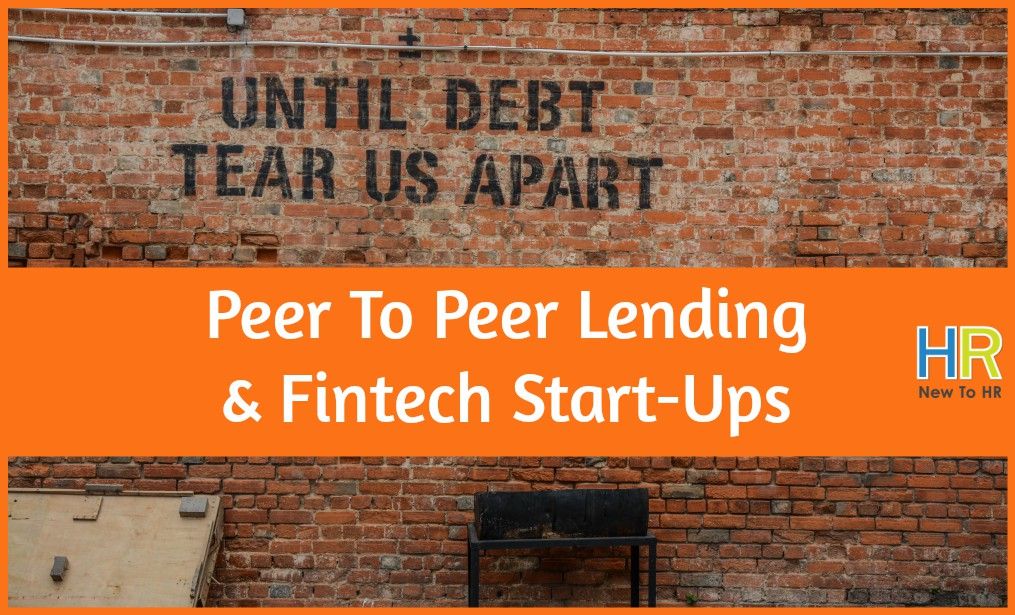
FinTech And Your Finances
Are you tired of seeing the same bank clerk rejecting your finance application?
Alternatively, maybe you just hate the fact that banks loan with huge interest rates – fail to pay you similar percentages for your deposit. It is time to use your finances in a simpler and far more convenient fashion. Yet, not long ago, online financial instruments had a slim chance of being labeled something other than a fraud.
But, with credible organizations like Revolut and Transferwise proving their reliability in a very short time, more and more users have now turned towards this new breed of FinTech companies.
Peer to peer lending is also increasingly popular and a viable alternative to the similar services offered by banks. With interest rates at all-time lows since the financial crisis and government bonds carrying unsatisfying yields, P2P lending can be tempting for investors seeking ‘higher’ interest rates.
The biggest advantage of P2P lending is the reduced cost of operations. Because it exists solely online, forget about the sumptuous bank headquarters that are funded by you, the end user. And P2P lending institutions are slimmed down to offer better borrowing conditions and superior yields.
P2P lending is just one of the many services a FinTech company can provide.
With the explosion of mobile devices seen in recent years, technology has become increasingly linked to the financial system, often stepping in to completely change services offered to the public.
Both Start-Ups and existing companies push innovation further and whatever happens in the future – the set of goals will remain the same – reduce costs for the users (YES!) and enhance speed, accessibility, and security.
But some FinTech fail to address, some key concerns – full compliance with regulating bodies and mitigating some of the risks regarding hacking and other forms of fraudulent use.
Nevertheless, new FinTech Start-Ups have the merit to make the average person rethink their savings and investment strategy!
[here at New To HR we love the FinTech world, the creativity, the innovation and solving the global payment painpoints (at last!) that our accountant has to deal with every day]
Safety is a fundamental concern for financial instruments that have been around for just a couple of years.
On the other hand, let us take a moment and remember that not even the almighty banks are bulletproof. Governments had to bail them out of trouble with taxpayers’ money on countless occasions.
Of all the European countries, the Baltic region is particularly amazing with regard to the number of FinTech companies launched recently. In Latvia alone, the niche is evaluated at little under €1 billion. By a comfortable margin, the most popular segments are peer-to-peer lending and crowdfunding.
Yet, the questions raised are not simple.
- Are these FinTech “institutions” a serious threat to the establishment and can we see them topple the monopoly setup by banks?
- Looking at the increasing number of FinTech Start-Ups this niche is young, open to major fluctuations and in the hunt to maximize portfolios and flaunt impressive capital flows, will these financial entities end up underestimating the risks?
- With people’s finances set to move entirely online, could it be possible that banks have now also bought into FinTech and are ready to make that commitment?
The answers are not simple and it all comes down to one thing. Are you ready for all these financial changes?
We are definitely not experts in the FinTech industry. 😉
But we love the creativity that it is bringing to the global Finance world, so here are some articles that focus a little more:
- The Future Of FinTech And Banking: Digitally Disrupted Or Reimagined?
- Fintech and digital innovation: the future of banking
- Banks and Fintech: An Evolving Relationship
- The Complete Beginner’s Guide To FinTech In 2017
© New To HR


